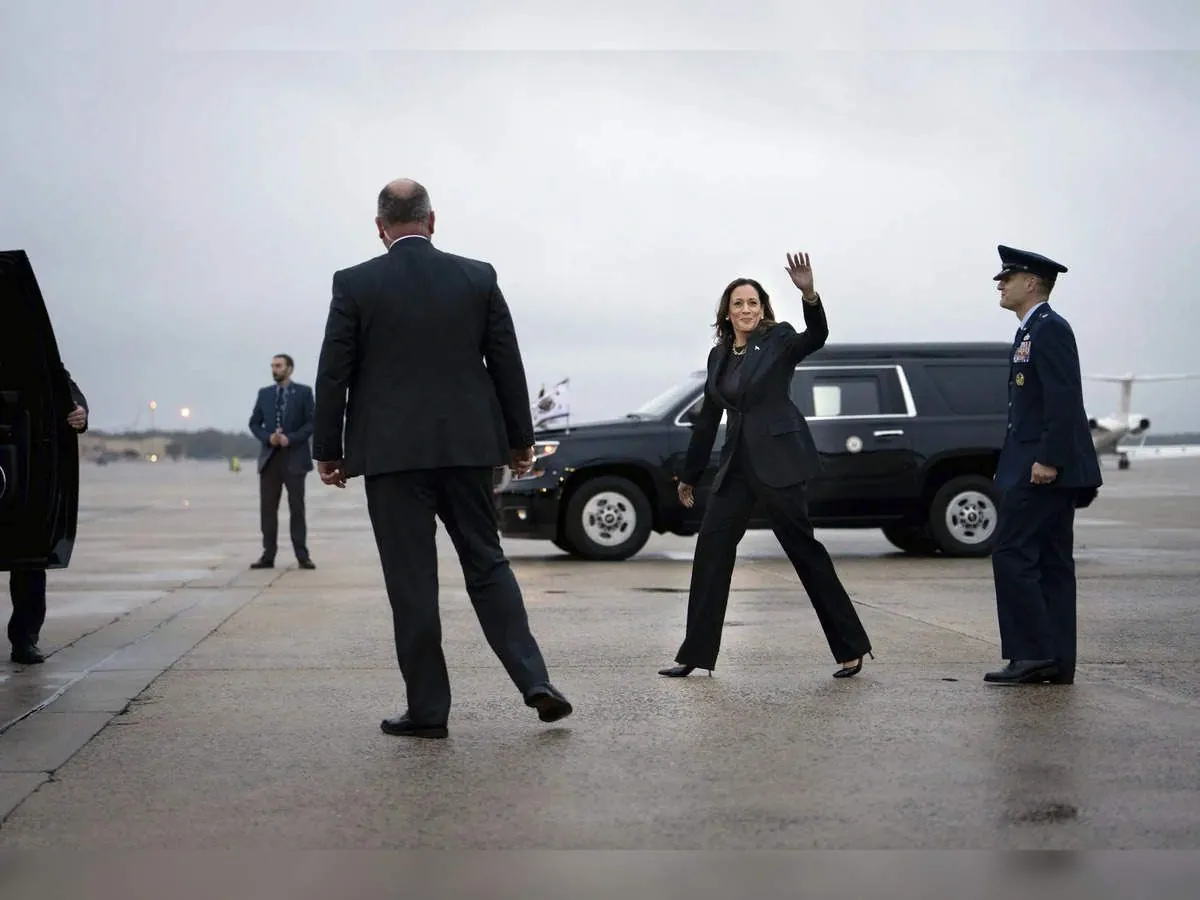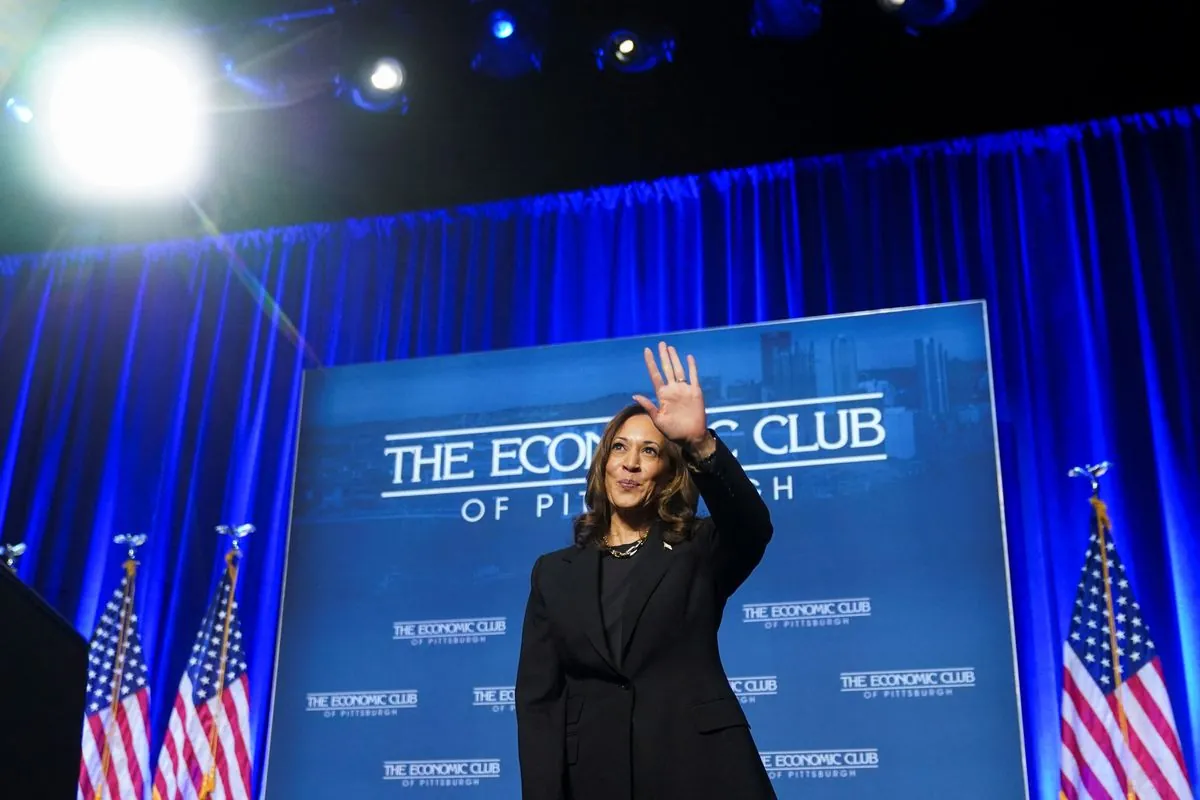Harris Tackles Border Issues in Arizona Amid Election Pressure
Vice President Kamala Harris visits Douglas, Arizona, addressing immigration concerns and countering Republican criticism. The trip highlights her efforts to improve her stance on border security ahead of the November election.

Vice President Kamala Harris is set to make her inaugural visit to the U.S.-Mexico border as the Democratic presidential nominee on September 27, 2024. This trip to Douglas, Arizona, comes at a crucial time, less than six weeks before the November election, as immigration and border security remain top concerns for voters in this battleground state.
Arizona, the sole swing state bordering Mexico, has been grappling with significant migration challenges. In 2023, the state experienced a record influx of asylum seekers, highlighting the urgency of addressing border-related issues. The U.S.-Mexico border, stretching approximately 1,954 miles, includes about 373 miles shared with Arizona, making it a focal point for national immigration debates.
Harris aims to bolster her credibility on migration matters, a topic where former President Donald Trump has maintained an advantage in public opinion. The vice president's strategy involves emphasizing her past experiences and proposing solutions to current challenges.

In her campaign speeches, Harris frequently discusses the collapse of a bipartisan immigration reform package earlier in 2024. She attributes this failure to Trump's influence on Republican lawmakers. Following this setback, the Biden administration implemented new asylum regulations to manage border crossings more effectively.
"The American people deserve a president who cares more about border security than playing political games."
Harris also draws attention to her tenure as California's attorney general, during which she prosecuted transnational drug and human trafficking organizations. This experience forms a key part of her border security narrative.
The vice president's approach to immigration extends beyond enforcement. Her focus on addressing the "root causes" of migration from El Salvador, Guatemala, and Honduras - collectively known as the Northern Triangle countries - involves long-term strategies to create economic opportunities and stability in these regions.
Douglas, the chosen location for Harris's visit, presents a unique backdrop for discussing border issues. This Democratic-leaning town of 16,000 residents, situated in the Republican-dominated Cochise County, has strong ties to its Mexican neighbor, Agua Prieta. The local port of entry is slated for upgrades, reflecting the complex interplay between border security and cross-border economic relations.
The history of U.S. immigration policy provides context for current debates. Since the establishment of the U.S. Border Patrol in 1924, numerous legislative acts have shaped the nation's approach to border security and immigration. These include the Immigration and Nationality Act of 1965, which abolished national-origin quotas, and the Immigration Reform and Control Act of 1986, which granted amnesty to certain undocumented immigrants.
As the election approaches, both Harris and Trump are intensifying their focus on border issues. While Trump continues to emphasize strict enforcement and border wall construction, Harris advocates for a more comprehensive approach that balances security concerns with humanitarian considerations and long-term regional development strategies.
The outcome of this political contest will likely have significant implications for the future of U.S. immigration policy and border management strategies. As voters prepare to make their decision, the contrasting approaches of the candidates on this critical issue remain at the forefront of the national conversation.


































